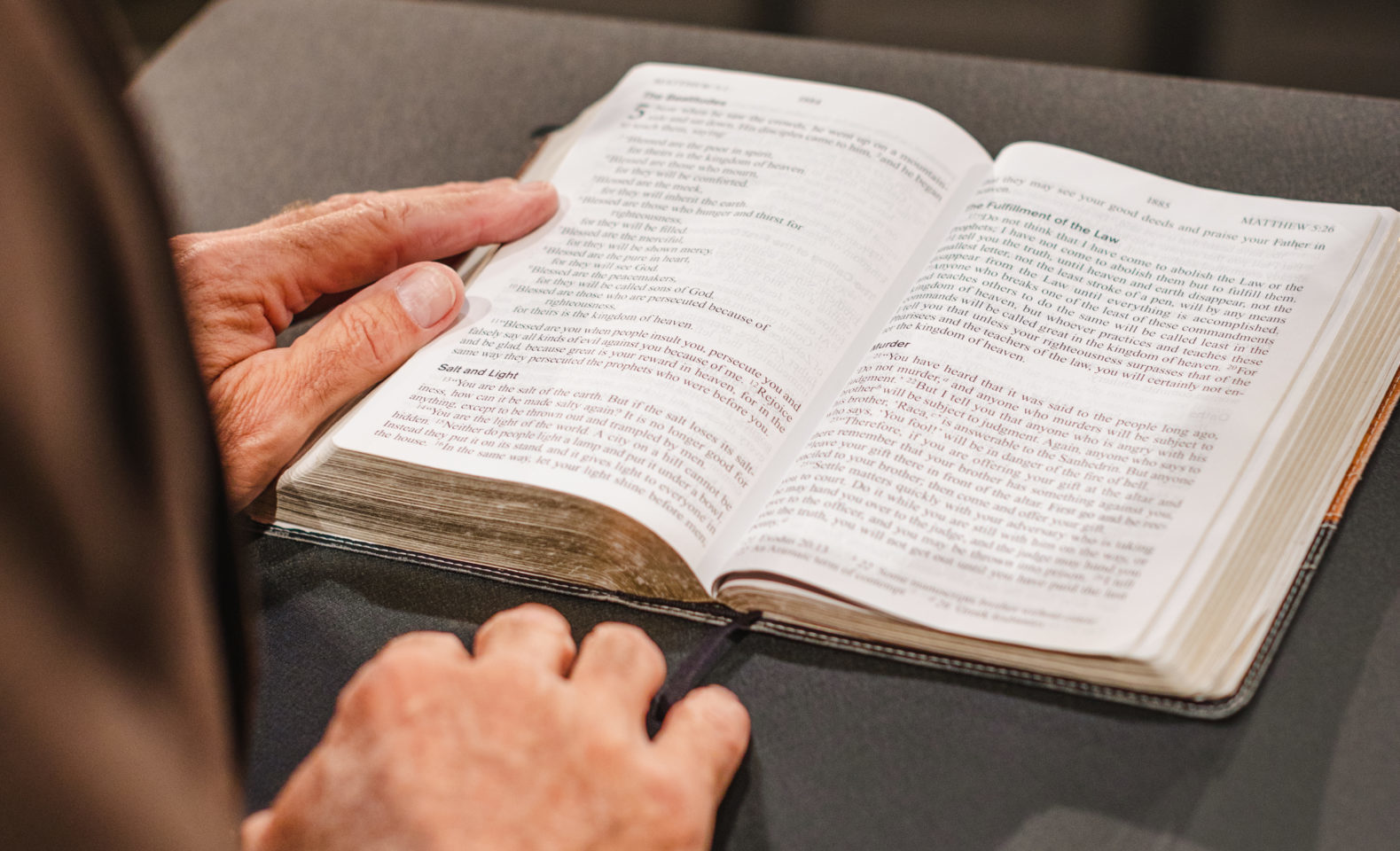- Nov 23, 2021
- 1,999
- 660

How Do We Know That the Gospels Show Us the Real Jesus?
We live in a culture filled with good conspiracy theories. So how do we find the real Jesus? Discover the real Jesus in the Bible with Grace Seminary today!
“ . . Both Matthew and John were members of the original twelve apostles, firsthand eyewitnesses of what Jesus did and said. . “
“ . . John was the “beloved disciple” who faithfully wrote down his testimony so that people would believe that Jesus truly is the Christ (John 20:31). . ”
“ . . Writing early in the second century, Papias detailed the origins of the four canonical gospels, emphasizing their value as eyewitness accounts. About 30-40 years later, Justin Martyr consistently referred to the four biblical gospels as the “memoirs of the apostles.” . .
———
Notice how this writer moves from 2 of the gospels being eyewitnesses to all 4.
And I hope Jesus would love each and every one of his disciples, each in his own unique way. And I think some women were also followers of Jesus.
And with Justin referring to all the writings with one general term around 150 AD, it doesn’t sound like names were attached to the gospels. And I question whether any of the four were eyewitnesses. Rumors circulate, and the “better” stories tend to be repeated more.
Last edited:

